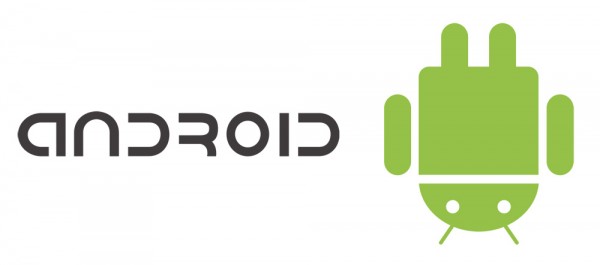 Although Google touts the “open nature” of Android, one major fault caught my eye: carrier exclusive apps. For those unaware, certain applications such as Qik Video Chat, Blockbuster, Skype, and Bing are currently restricted to Android devices on specific carriers. Although Apple has had a fair share of criticism for a heavily restricted App Store, the system has proven to work and the company is even loosening their policies. An App for the iOS platform runs on the iPhone, iPod Touch, and iPad without any artificial constrains aside from a few exceptions due to hardware restrictions. But when it comes to the Android Marketplace, cellular carriers have taken advantage of the option to filter certain content to offer exclusive apps.
Although Google touts the “open nature” of Android, one major fault caught my eye: carrier exclusive apps. For those unaware, certain applications such as Qik Video Chat, Blockbuster, Skype, and Bing are currently restricted to Android devices on specific carriers. Although Apple has had a fair share of criticism for a heavily restricted App Store, the system has proven to work and the company is even loosening their policies. An App for the iOS platform runs on the iPhone, iPod Touch, and iPad without any artificial constrains aside from a few exceptions due to hardware restrictions. But when it comes to the Android Marketplace, cellular carriers have taken advantage of the option to filter certain content to offer exclusive apps.
While it isn’t too problematic just yet, it could spur a downward trend. It will be a very disappointing if the option to grab any App from the Marketplace from any Android device is no longer possible. While geekier users will find ways to root devices and side-load apps, it’s not a practical solution for the average person. Let’s not forget the confusion exclusive apps will cause. I know many people who have purchased a phone in hopes to place affordable VoIP Skype calls only to learn that the app isn’t available for their device. Purchasing an Android device in the future may require researching App availability in addition to hardware capabilities, which is already a complicated feat for the norm.
Let’s take a look at a few examples. The previously mentioned Skype app only runs on Verizon Wireless devices. It doesn’t appear in the Android Marketplace for Android devices on other cellular carriers. Fortunately, Skype’s representatives told us that a standard App would become available in the Android Marketplace later this year, but there’s no full confirmation on the features it will offer.
While Qik live streaming is available in the Android Marketplace, the “video chat” feature is exclusive to just Sprint customers. While hardware capabilities should easily allow for two-way communications using the rear cameras on devices that don’t sport front-facing cameras, the glory of video calls is only possible on the HTC EVO 4G and Samsung Epic 4G. These restrictions will also be apparent on upcoming tablets such as the Samsung Galaxy Tab which may not support Qik Video Calls on non-Sprint variants.
The Blockbuster Android App, although not the greatest, is also only available Verizon Wireless devices. Samsung’s competing MediaHub movie rental service will naturally only appear on their own Galaxy S Android devices. Exclusive partnerships have even gone as far as to replace the default Google search engine on Samsung Fascinate, also a Galaxy S device, to Bing due to Microsoft-Verizon deal.
This practice needs to go away and it’s that simple. While it is not a big deal if HTC, Motorola, or Samsung lock down their self-created “bonus Apps” such as alarm clocks, calculators, flashlights, to do lists, or note-taking tools to their own devices, it is a major problem when carriers restrict popular services. Imagine being unable to install Adobe Photoshop or watch Hulu on your laptop just because your internet service provider is AT&T and not Verizon. Would you settle for that? These restrictions are simply a way for carriers to draw in new customers that need certain Apps. If this practice continues to grow, I can only foresee a revolt of enraged Android customers across all carriers.







